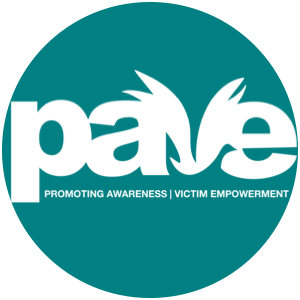Unraveling the Myths and Stigma Surrounding Suicide: Navigating Holiday Misconceptions
Suicide is a topic shrouded in stigma and misconceptions, and the holiday season seems to magnify the confusion. In this blog post, we'll delve into the myths surrounding suicide, highlight the stigma associated with the word "suicide," and address the language barriers associated with discussing this sensitive topic, particularly during the holidays.
Myths Surrounding Suicide and the Holidays:
One of the most pervasive myths is that the holidays are the most likely time for individuals to die by suicide. In reality, statistics show that this is not the case. However, the holiday season is a high-risk time for suicide attempts, and it can be an incredibly challenging period for survivors of loss. It's crucial to understand these distinctions and avoid perpetuating myths.
Resources to Debunk Myths:
To gain a better understanding of the myths surrounding suicide, you can explore resources like the Suicide Prevention Nevada Myth-Busting Page. This page offers insights into common misconceptions and provides accurate information about suicide.
The Stigma Around the Word "Suicide":
The stigma surrounding the word "suicide" is a significant barrier to open and compassionate discussions. People often avoid using the term due to fear, misunderstanding, or shame. This avoidance can perpetuate the isolation of individuals struggling with suicidal thoughts and those who have lost loved ones to suicide.
Language Barriers and the Evolution of Terminology:
The way we discuss suicide is evolving. Some terms that were once commonly used are now considered insensitive or stigmatizing. It's important to be aware of these language barriers and adapt our vocabulary to promote empathy and respect.
For example, using phrases like "committed suicide" can be stigmatizing, as it historically implies criminality. Instead, phrases like "died by suicide" or "took their own life" are more empathetic and accurate.
Resources to Foster Conversation:
To help guide discussions about suicide and mental health, resources like the AFSP's "Talk Away the Dark" offer guidance on how to talk to someone who has experienced a suicide loss and how to support those in need.
In conclusion, it's essential to unravel the myths and stigma surrounding suicide, especially during the holiday season. Understanding that the holidays are not the most likely time for suicide but are challenging for many can help shift our perceptions. By addressing the language barriers, fostering open conversations, and sharing stories, we can contribute to a more empathetic and informed society. Remember, discussing suicide is not only important during the holidays but throughout the entire year, as mental health matters every day.
